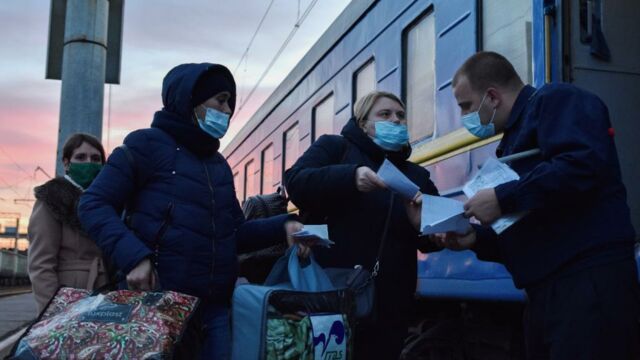Tuesday marks the start of a 3.8% increase in tube fares in England and Wales. A strike has begun as a result. Passengers may face difficulties travelling in the city over the next three or four days, with two 24-hour strikes on the London Underground scheduled between Tuesday and Thursday. Continue reading to learn more about what occurred.
Discover our latest podcast
Rising cost of living
According to reports, the inflation rate in 2021 jumped from 0.7% to 5.4% in 2022, food rates are skyrocketing and amidst this, a rise in tube prices are adding to the wider cost of living crisis.
The Guardian notes:
Fares will rise by an average 4.8% in London – 1% above RPI – as a condition of the emergency funding settlements agreed between central government and Transport for London.
The campaigners further argued that this would completely dissuade people from using the local transport, which would further harm the city centres from prospering.
Bruce Williamson of the campaign group Railfuture reveals:
Inflation this year is likely to hit 8%, so unless the government changes the formula, the average rail traveller will be bankrupted next year.
Read more:
- COVID-19: This is where you are likeliest to get infected on a train
- Fish and chips: Prices to surge above £10 for the first time
- War in Ukraine: Will the price of bread increase because of the conflict?
Tube Strike
Fears over job security, pensions, and working conditions prompted a city-wide tube strike on the same day that the tube's increased pricing came into effect.
TfL has warned commuters that substantial disruption is expected across all trains and their services and that working from home, cycling or e-scooters will be a quick fix.















